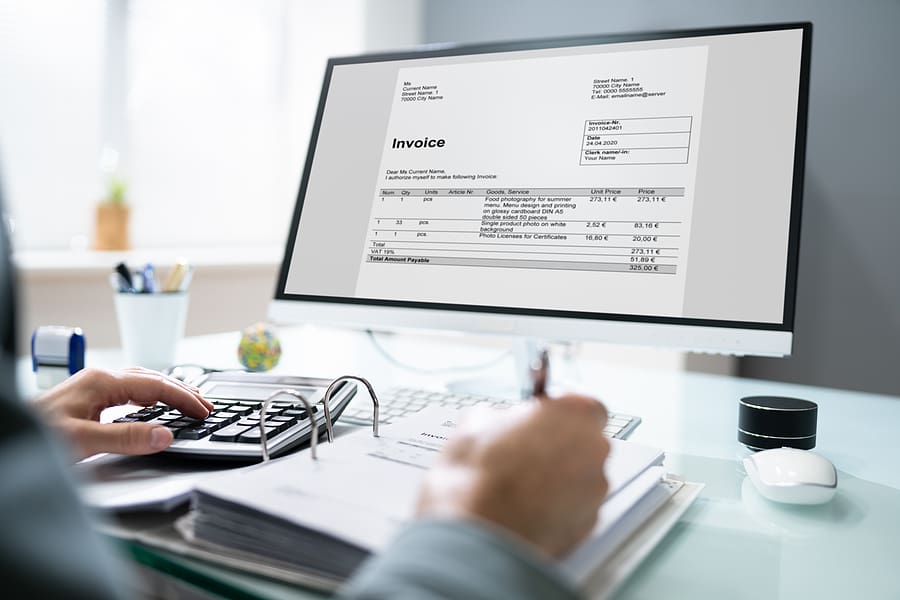Structured vs. Self-Directed: How W2 Employees Differ from 1099 Contractors
Managing your employees is a key piece of running a small business. When you are staffing your company, you will need to determine how to hire, which often involves determining whether to hire your employees as W2s or 1099s. Employees are referred to by their tax filing status, but the real difference for you as the business owner is the legal and financial differences. You need to make the right choice for your business and make sure that you are classifying all your employees correctly with the IRS.

Understanding W2 Employees
W2 employees are what you think of when you picture a typical employee of your company. Their compensation can be salaried or hourly, but they work for you, not for themselves. W2 employees will work according to your needs and schedule, but are eligible for benefits, such as health insurance, paid time off, retirement contributions, and any other benefits offered by your company. As their employer, you will provide all the necessary tools and work supplies and are responsible for reimbursing employees for business expenses. You are responsible for payroll taxes and will withhold taxes from their paychecks. Most companies are also “at will” employers and can let an employee go for poor performance or any other reason. Unless it is specified that an employee is an independent contractor, the default classification for a business during the hiring process is as a W2 employee.
Understanding 1099 Contractors
A 1099 worker is an independent contractor, usually referred to as a freelancer or consultant. Some independent contractors work for one client at a time on a specific project, while others work for several clients at once. An independent contractor is not considered an employee of your company. As a 1099 worker, they are considered self-employed and business owners themselves. Independent contractors are typically contracted by a company for a defined period of time, which is outlined in a contract, and they do not work within “set hours” determined by you like a W2 employee would.
An independent contractor typically has a high degree of flexibility and autonomy, and will usually define how and when they are able to do the work for you, most likely in a way that is mutually beneficial. Since independent contractors are not considered employees, you will not need to pay payroll taxes or offer benefits such as health insurance, paid time off, or overtime. 1099 workers are responsible for paying their own taxes, and your level of legal and financial responsibility is low. In many cases, independent contractors, unless it is specifically stated in their contract, will be responsible for providing any equipment necessary for the work they do for you.
Beyond the Basics: Key Differences Between W2 and 1099
Although the major difference is your tax responsibility and reporting status to the IRS, there are other key differences when determining whether to hire your staff as employees or independent contractors.
- Do you want complete control over how the worker carries out their job?
Hiring a W2 worker will give you more control over your employees.
- What is the ideal payment structure?
A regular salary or an hourly wage with regular hours is better served by a W2 employee. If you would rather pay per project or hire for consulting hours, a 1099 independent contractor can be a better choice.
- Are you able to provide benefits?
Full time W2 workers are entitled to employee benefits, and not offering benefits can cause issues with the IRS and Department of Labor, resulting in stiff penalties.
How to Determine the Right Choice for Your Business
When you are hiring for your small business, it’s one thing to know the difference between a 1099 and a W2 worker, but it’s another to know which makes more sense for your business. Many small business owners are drawn to hiring 1099s, especially in the beginning, because there is a perceived cost savings.
Taxes, insurance, benefits, and worker’s compensation all contribute to overhead costs, and can add up for W2 employees. For a new business operating on thin margins, this can be a risk. Independent contractors often bring specialized expertise, have greater flexibility, and will save you money in terms of overhead. In the beginning, this flexibility might be very beneficial. You can hire for specific projects as your budget allows. However, independent contractors can be more expensive in their hourly or project rate, and since they are able to set their own rates, there is less room for you to negotiate.
Hiring W2 employees means that you are building a team who is committed to your business. Because they are not only contracted for a specific job or project, they can be available to work outside of their role if necessary. If you have a distinct set of processes, training a W2 employee for a specific role is often a better investment, as they can be with you for the long term. Since you are providing benefits, you may have more flexibility in the base salary, with the ability to offer bonuses as the financial health of your business improves.
In many cases, choosing whether to hire an independent contractor or an employee is dependent on your business needs and unique circumstances. Before you determine how to staff your company, consider your long and short term goals. If you need a project completed quickly, you will likely look for an independent contractor, whereas if you want a steady team to rely on as you build your business, you will want some W2 employees.
Managing your business finances and keeping the books can seem like a full time job, and working with In Balance Solutions can help you create time to focus on building your business. We provide the insights and data you need to make informed decisions and drive your business forward. So, whether you’re a small startup or a well-established corporation, contact us to learn more about how we can help you reach your business goals.






